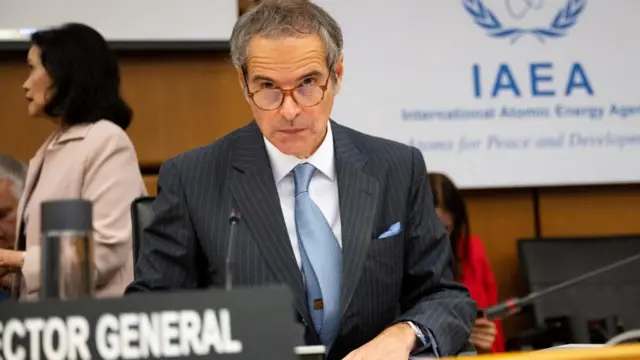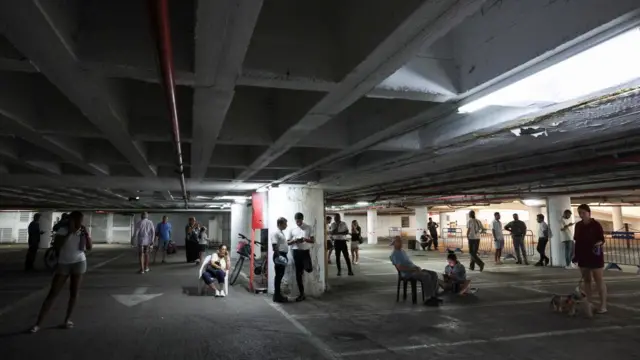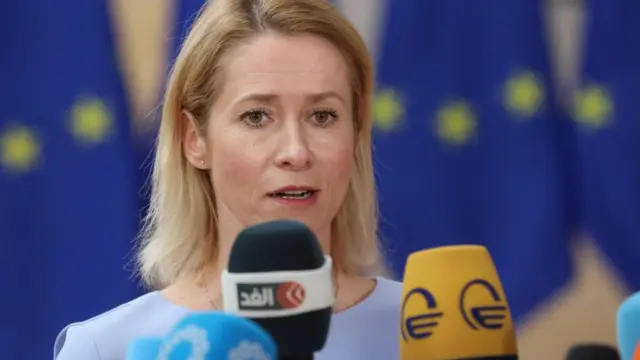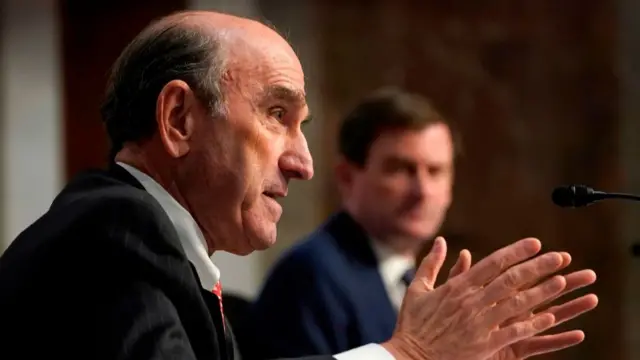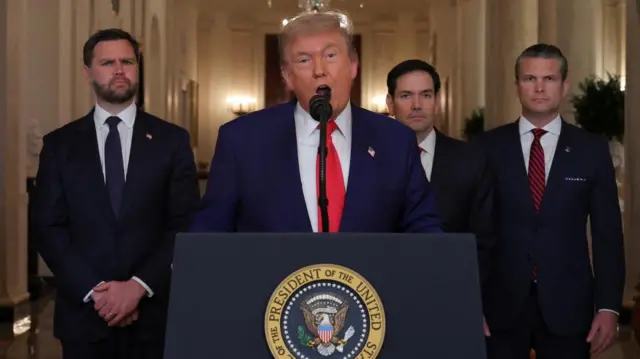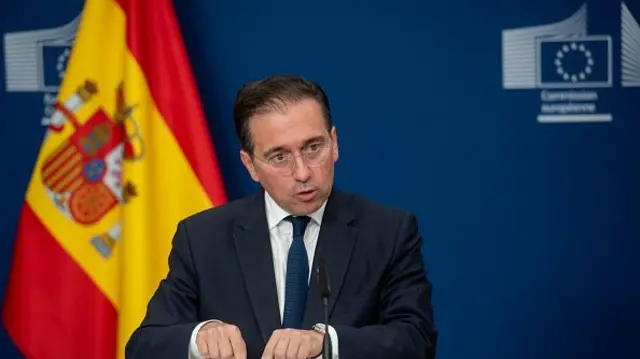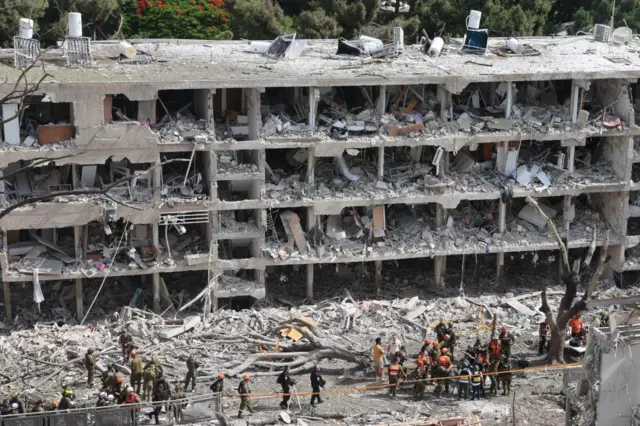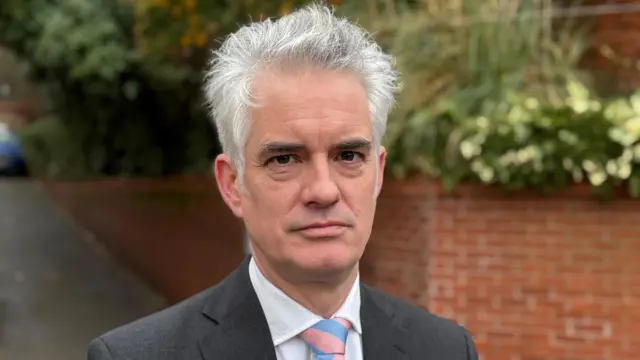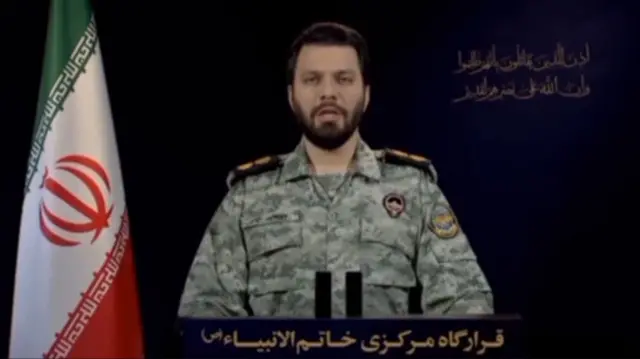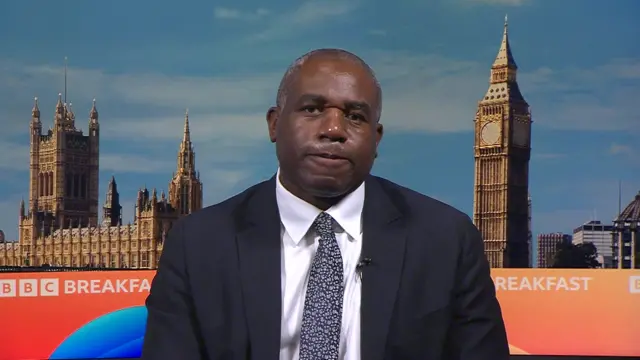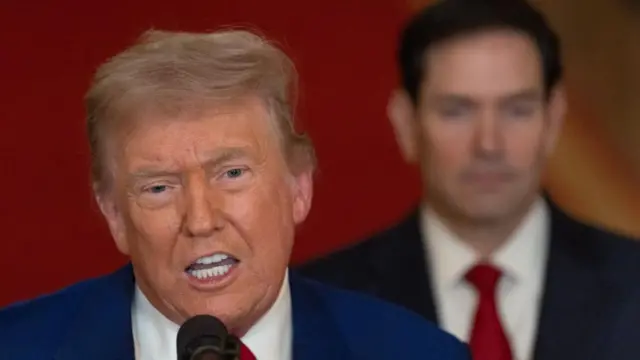Thousands of Israelis without electricity after Iran strike – ministerpublished at 10:25 BST 23 June
Around 8,000 people in Israel are without electricity after Iran’s missile strikes this morning, according to the energy minister.
Eli Cohen says authorities had “prepared in advance for the possibility of damage to electrical installations” and aim to have power back within three hours.
The Israel Electric Corporation (IEC) earlier reported “damage near a strategic infrastructure facility” in the south, which has led to power cuts in several communities.
“IEC teams are en route to multiple locations on the ground with the aim of restoring power as soon as possible. The operations include infrastructure repairs and the neutralisation of safety hazards, and are being carried out in co-ordination with security forces,” it says.

